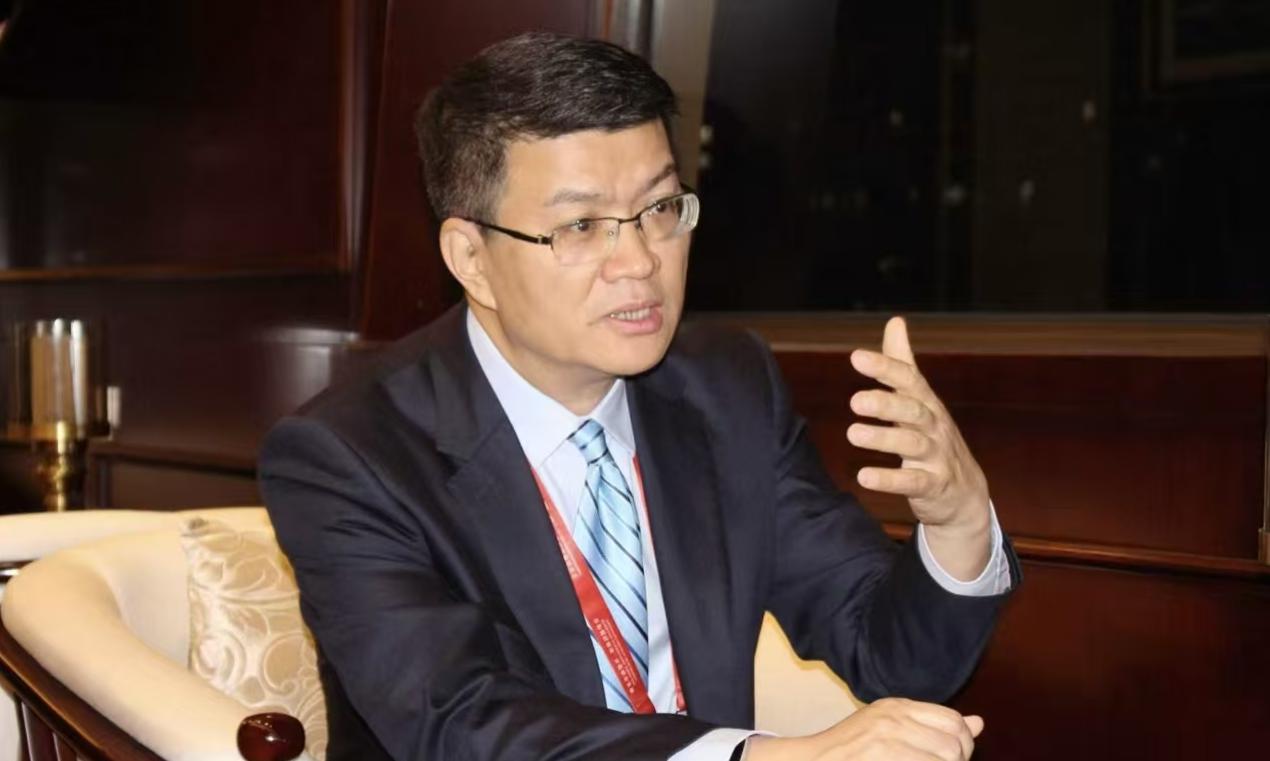
Oct 09, 2025
During the 12th Beijing Xiangshan Forum on Sept. 18-19 at the Beijing International Convention Center, Da Wei, Director of the Center for International Security and Strategy (CISS) and Professor of International Relations at Tsinghua University, was interviewed by China-US Focus Beijing editor Huang Zhijin. Da Wei believes that in the short term, China-U.S. relations will remain focused on maintaining stability; and as domestic political imperatives and broader global strategic considerations increasingly dominate the policy agenda, the Indo-Pacific strategy under Trump 2.0 appears to be losing substance.
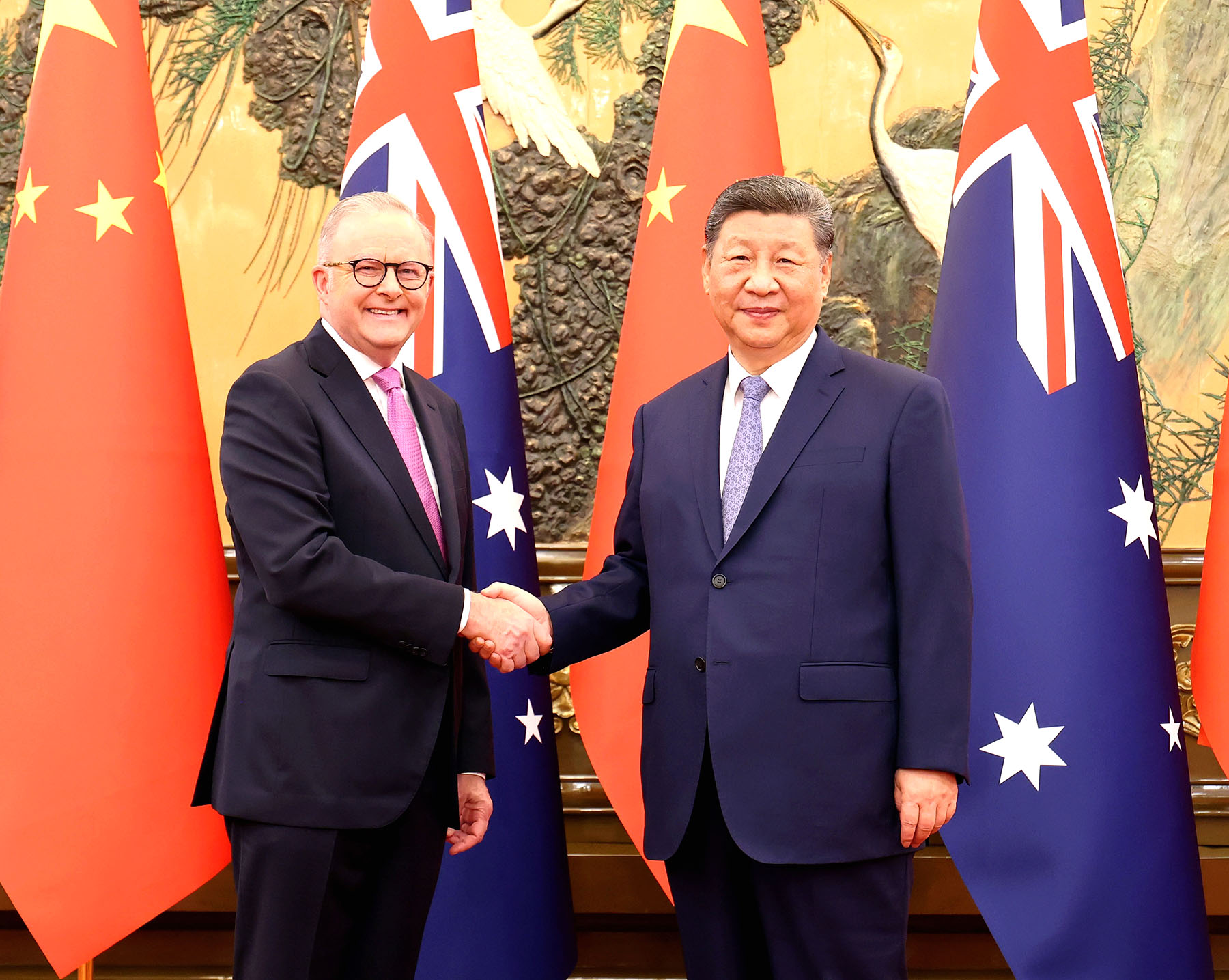
Richard Javad Heydarian, Professorial Chairholder in Geopolitics, Polytechnic University of the Philippines
Aug 08, 2025
The second Trump administration’s trade policies and assertive defense diplomacy have unsettled key Asian allies, straining some relationships while drawing others into deeper military cooperation. This approach has raised concerns about diminishing strategic autonomy among U.S. partners and the potential for pushing them closer to China.
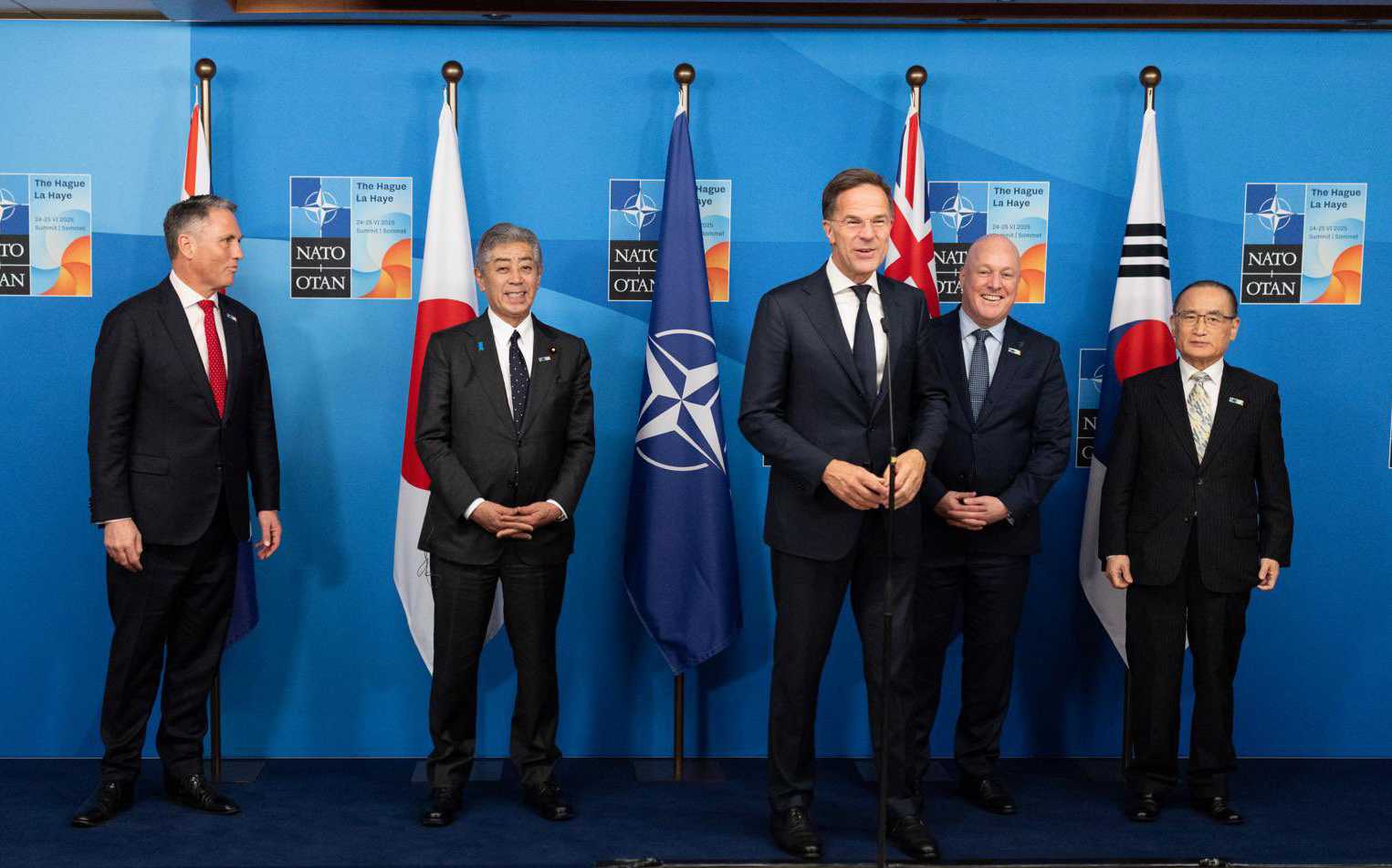
Ghulam Ali, PhD, Monash University, Australia
Aug 08, 2025
In the post-World War II period, the US maintained nearly uncontested supremacy over the vast Asia-Pacific region. Under the San Francisco System, or the ‘Hub and Spokes’ architecture, the US established military alliances, provided economic assistance, and proactively engaged with the region. The strategic foundation of US policy relied on both bilateral and multilateral defense agreements, such as those with Japan (1951), South Korea (1953), the Philippines (1951), Australia, New Zealand (collectively known as ANZUS, 1951), and Thailand (1954).
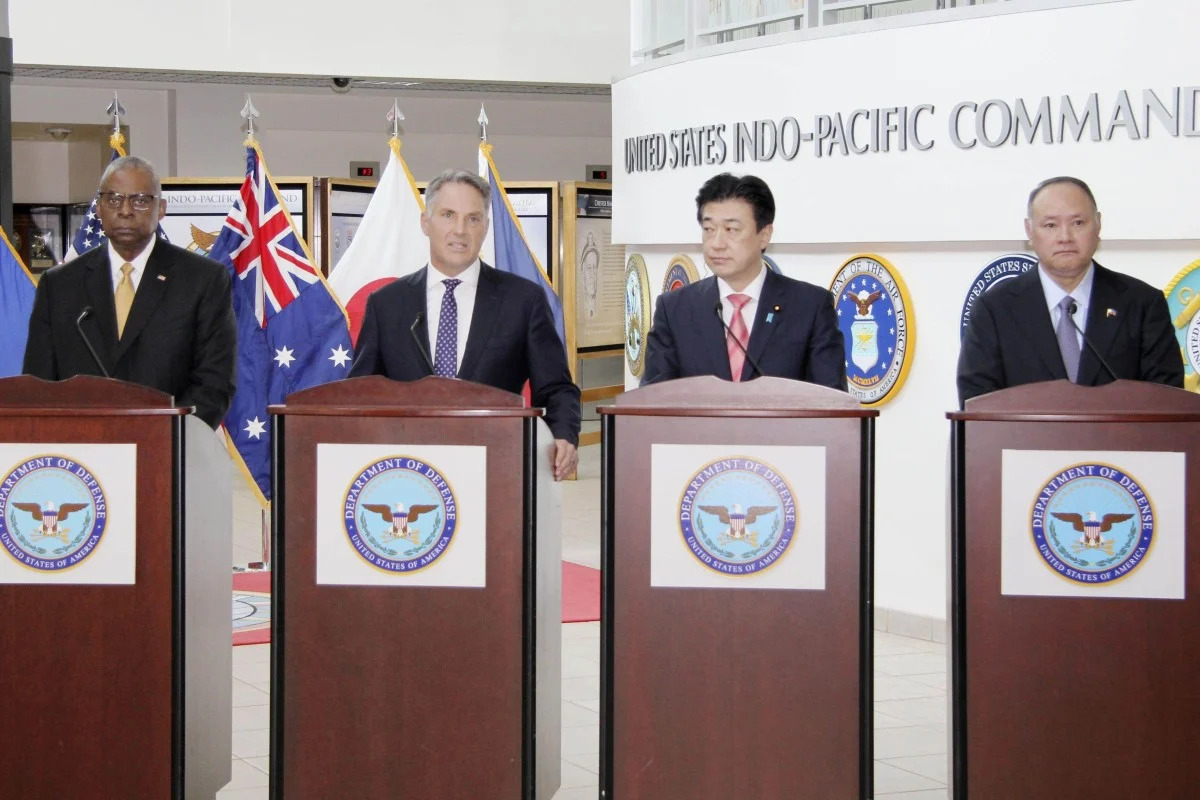
Du Lan, Deputy Director at Asia-Pacific Institute, China Institute of International Studies
Jul 18, 2025
Donald Trump prefers to treat the waters as a bargaining chip, so the United States may reduce high-profile provocations — such as close-in reconnaissance — and instead increase its “gray” tactics and low-intensity military exercises.
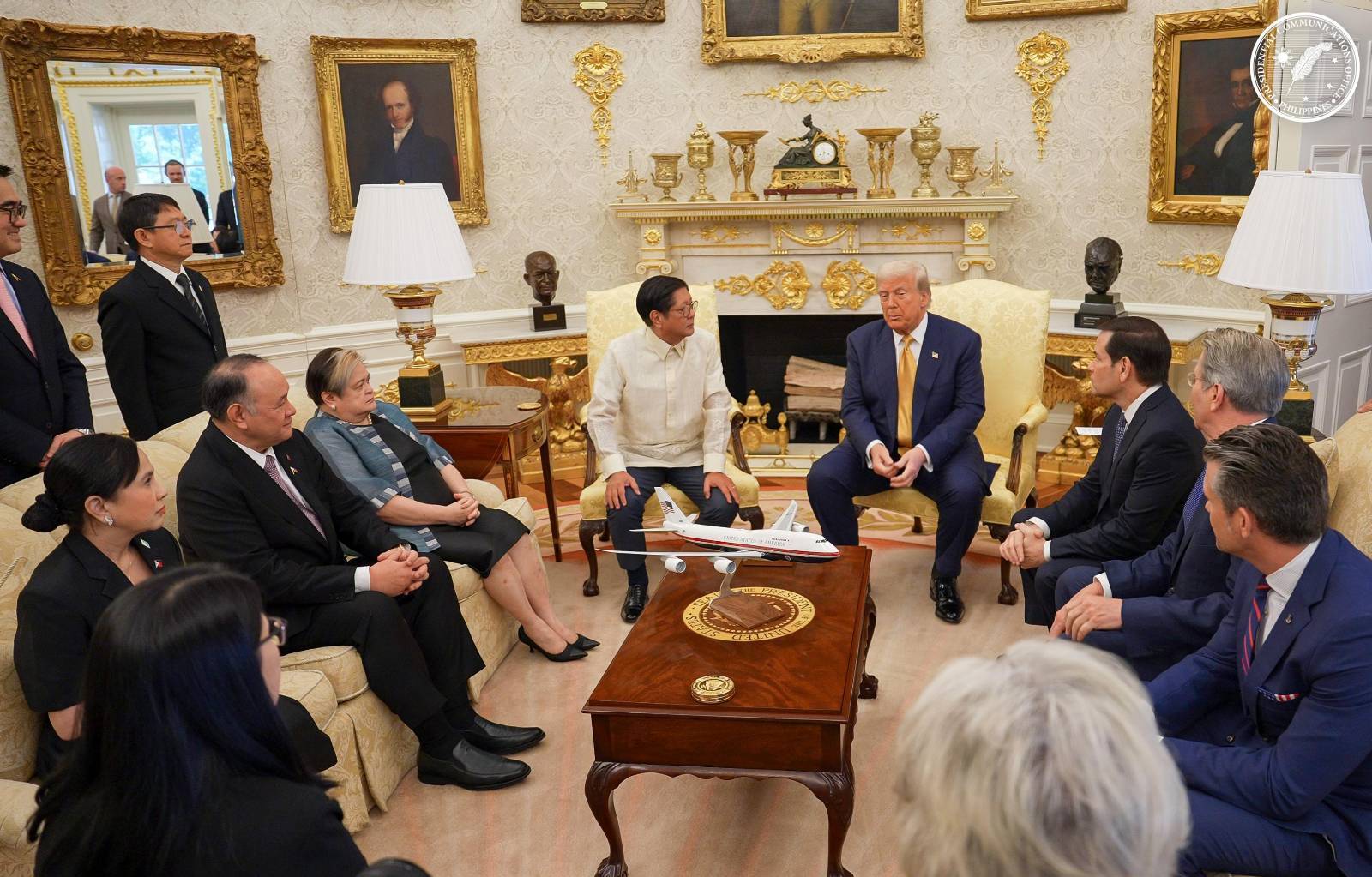
Lucio Blanco Pitlo III, President of Philippine Association for Chinese Studies, and Research Fellow at Asia-Pacific Pathways to Progress Foundation
Jul 18, 2025
As Philippine President Marcos Jr. embarks on a crucial trip to Washington, uncertainties triggered by U.S. tariffs are unsettling global markets and the trade war with China is squeezing third countries, including many in ASEAN. Lowering tariffs, pursuing investment pledges, and boosting cooperation in sectors such as shipbuilding, semiconductors, and critical minerals are key to rebutting claims that the relation is more arms than butter.
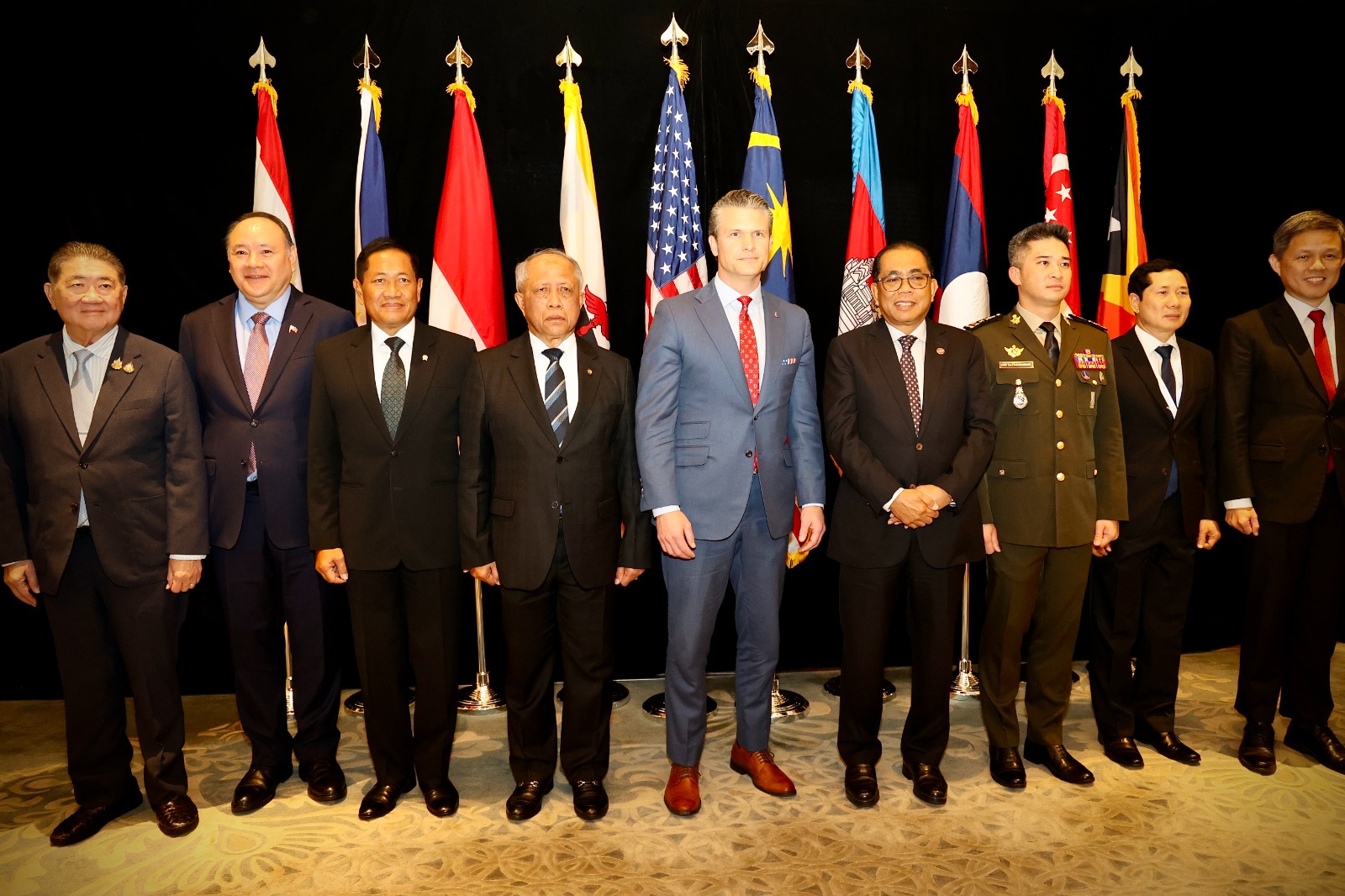
Zhang Gaosheng, Researcher at Department of World Peace and Security, China Institute of International Studies
Jun 12, 2025
The future of the Trump administration’s Indo-Pacific Strategy remains fluid. However, U.S. Defense Secretary Pete Hegseth’s two visits to the region, including his recent attendance and speech at the Shangri-La Dialogue, shed a little light.
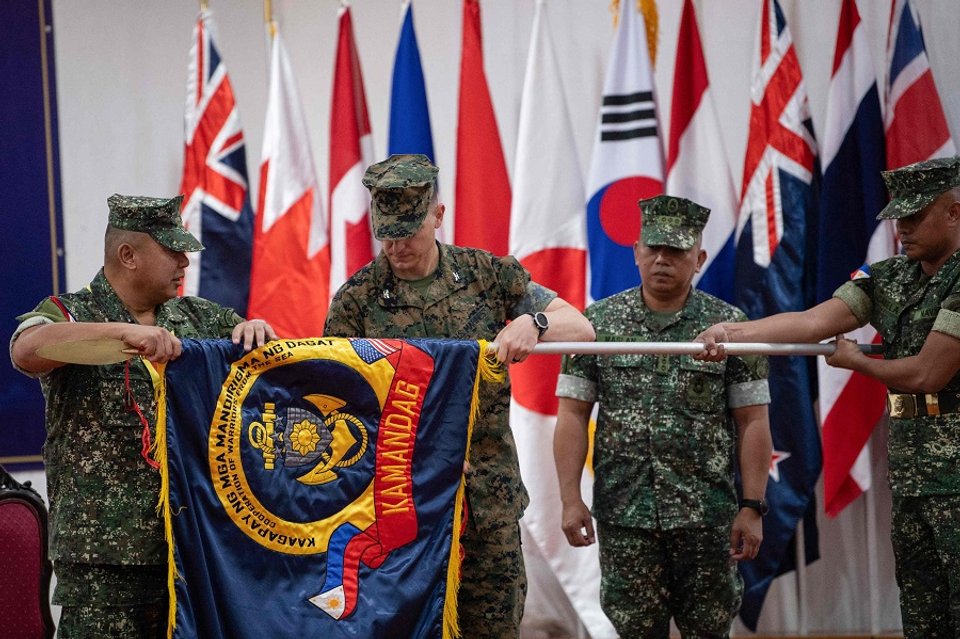
Richard Javad Heydarian, Professorial Chairholder in Geopolitics, Polytechnic University of the Philippines
Jun 05, 2025
2025 has brought swift changes across the Indo-Pacific, and the Philippines’ growing involvement with Trump’s policies and the Taiwan question could prove to be one of the most pivotal factors in the future of the region.
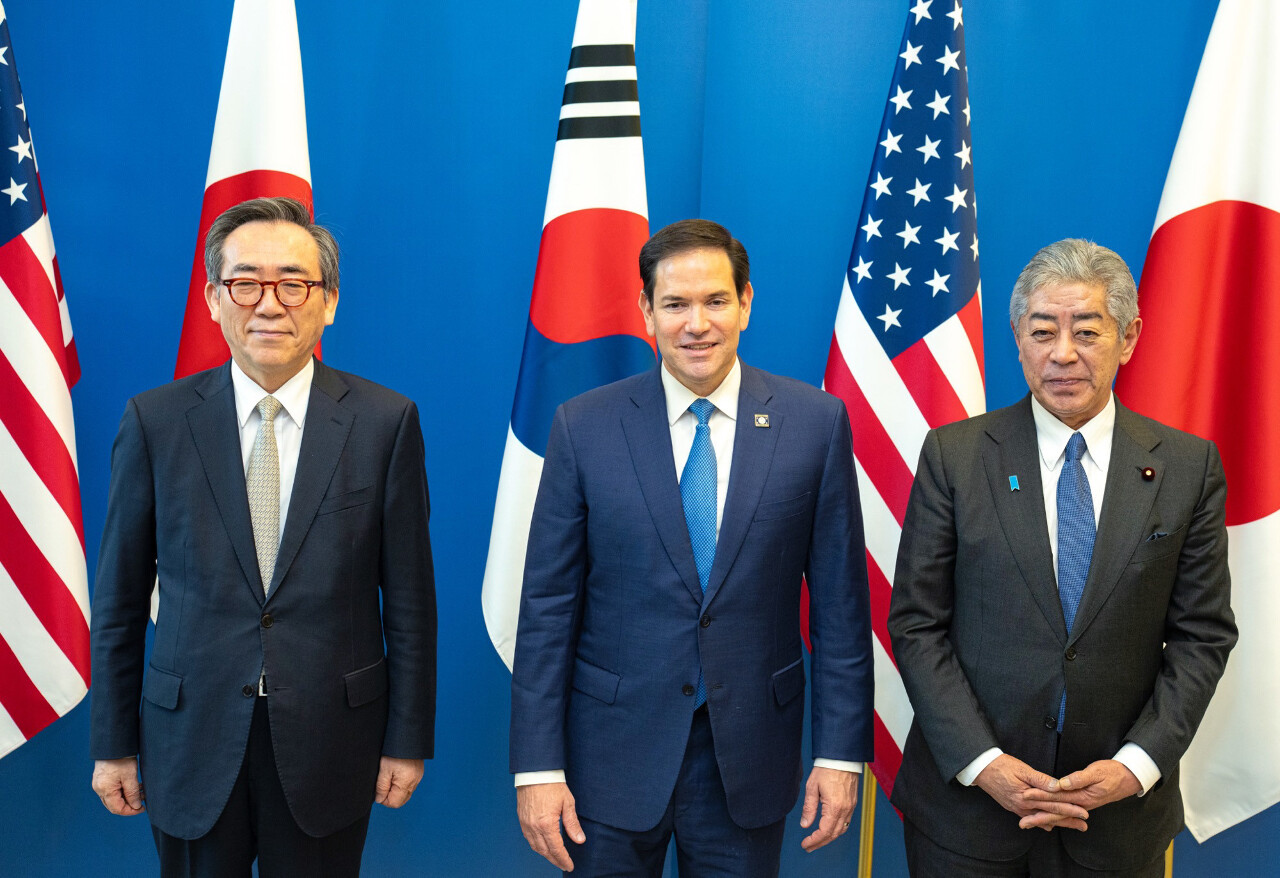
Richard Weitz, Senior Fellow, Hudson Institute
May 14, 2025
With U.S. encouragement, Northeast Asia has seen unprecedented cooperation between Japan and South Korea in recent years. But rising economic frictions, domestic political changes in Japan and especially South Korea, and evolving U.S. global priorities could impede or even reverse recent gains.
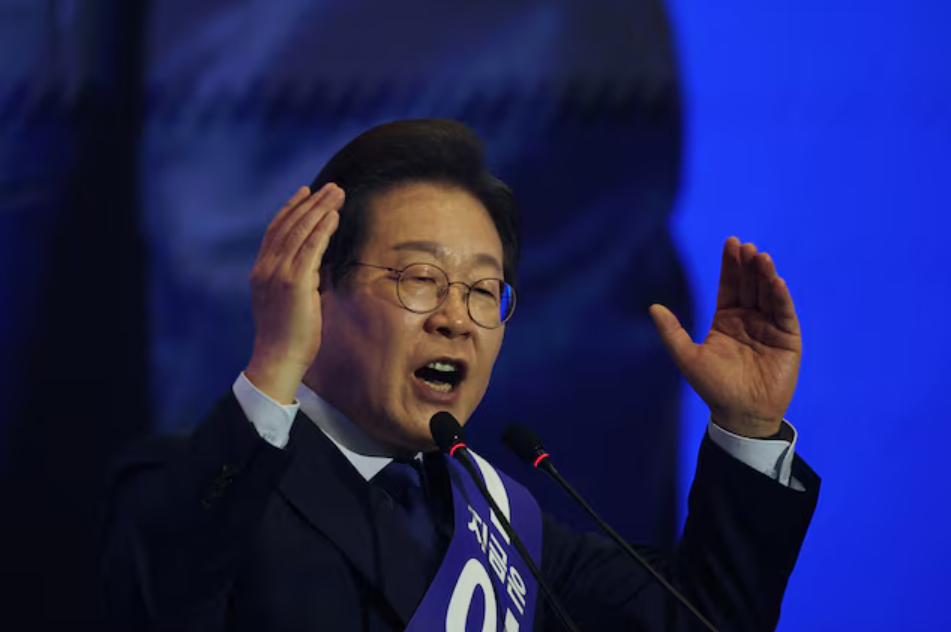
Brian Wong, Assistant Professor in Philosophy and Fellow at Centre on Contemporary China and the World, HKU and Rhodes Scholar
May 14, 2025
Following months of political turmoil, South Korea's upcoming presidential election could lead to a shift in the country's approach to the U.S.-China rivalry, with candidates' stances influencing South Korea's policies on defense, trade, and diplomatic relations with both powers. While Lee Jae-myung may seek closer ties with China, potentially boosting trade and cultural exchanges, his rival is expected to strengthen South Korea's alignment with the U.S., especially on security and technology-related matters.
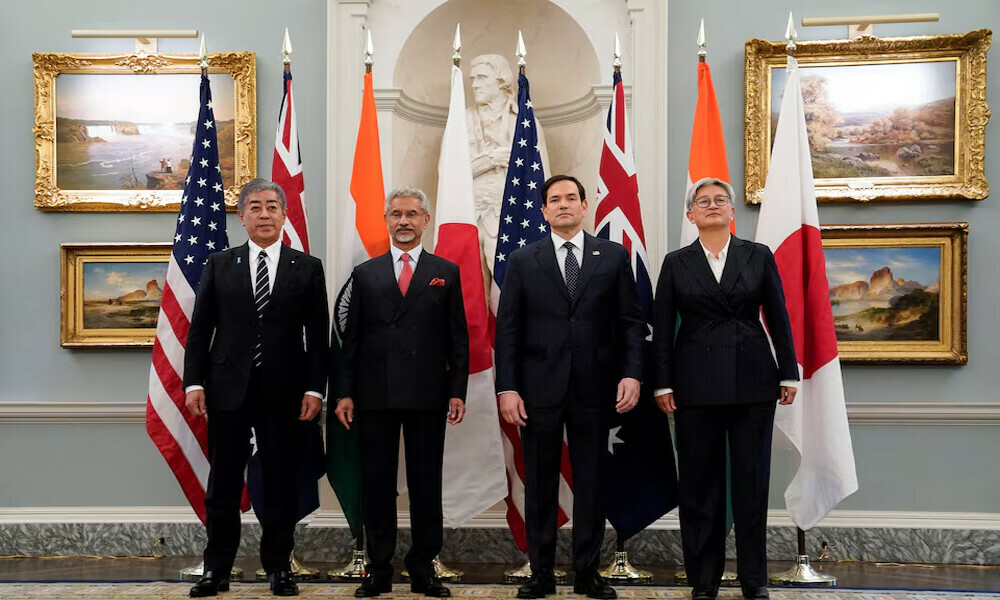
Ghulam Ali, PhD, Monash University, Australia
Mar 04, 2025
The Asia-Pacific region began to exhibit signs of easing major geopolitical tensions in late 2024, but has started to heat up again following President Trump’s return to power in the White House. During the ‘easing’ period, although low-level disputes persisted in the vast region, in the South China Sea, and in cross-strait relations, the risk of a conflict involving regional heavyweights was not imminent.
Back to Top

- China-US Focus builds trust and understanding between the U.S. and China through open dialogue among thought leaders.
- Our Offerings
- Topics
- Videos
- Podcasts
- Columnists
- Research Reports
- Focus Digest
- Stay Connected
-
Thanks for signing up!
- Get the latest stories from China-US Focus weekly.